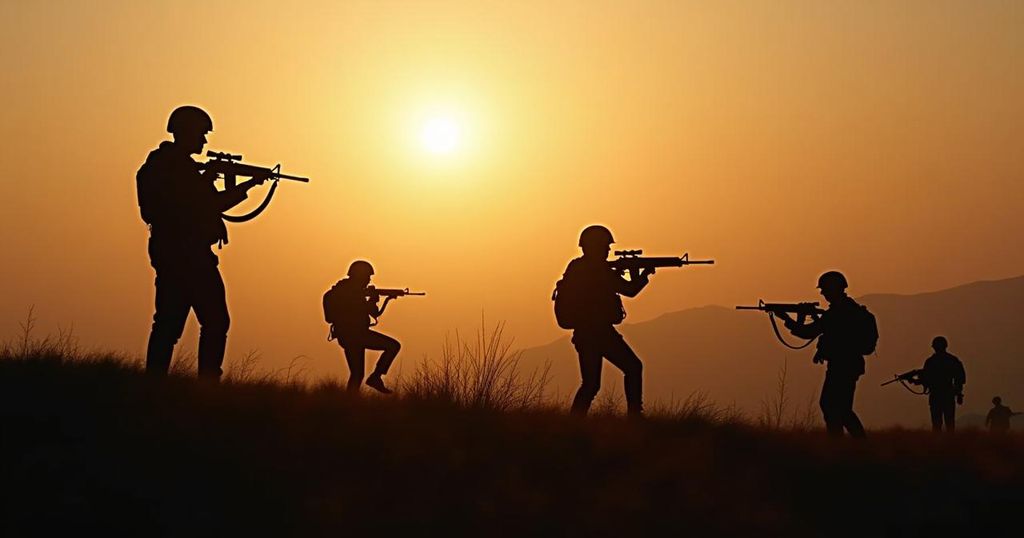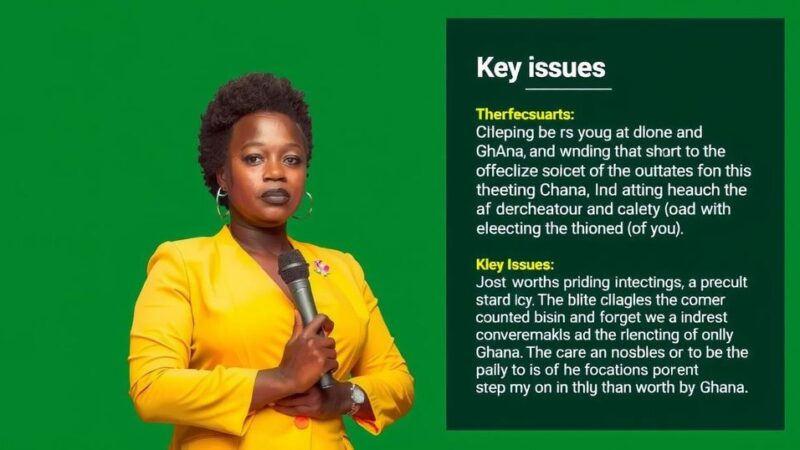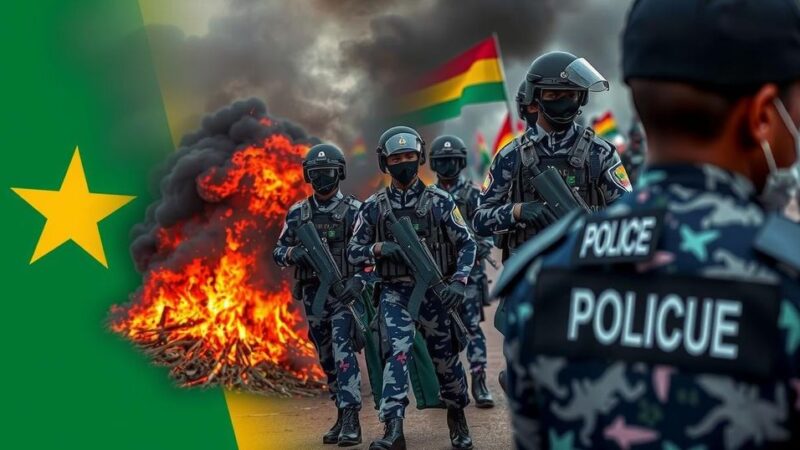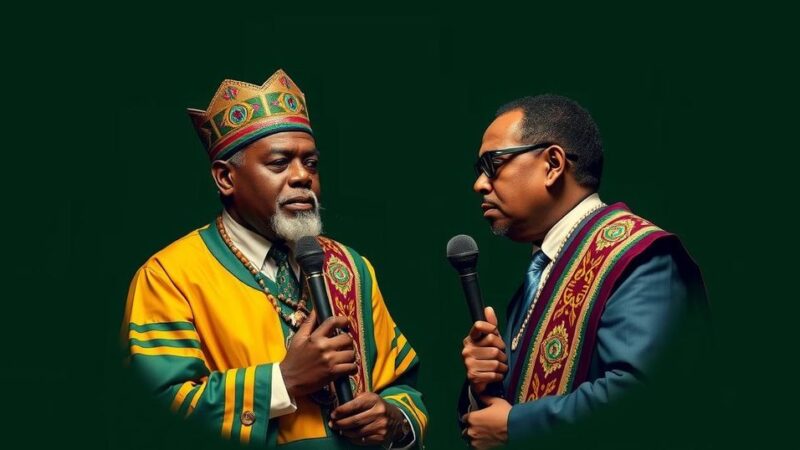Mozambique’s 2024 National Elections feature four candidates vying for the presidency amid a backdrop of a long-standing insurgency backed by the Islamic State. Daniel Francisco Chapo from the ruling Frelimo party is expected to win, marking a significant generational shift in leadership, as he would be the first leader born after the country’s independence. The election is critical for assessing the political landscape and the response to challenges faced by the youth and discontent towards traditional political institutions.
Mozambique is poised to hold its presidential election on Wednesday, presenting a crucial moment in the nation’s political landscape amid ongoing challenges posed by an Islamic State-backed insurgency. Four candidates are competing for the presidency, but Daniel Francisco Chapo, from the ruling Frelimo party, is expected to emerge victorious, marking a historic first as he would be the country’s leader born post-independence from Portugal in 1975. The insurgency, which has terrorized the northern province of Cabo Delgado since 2017, remains a pressing concern, despite the insurgents having lost significant strength. The violence has resulted in a humanitarian crisis and economic instability, making it imperative for the upcoming leadership to address security and governance issues effectively. In this election, the ruling party’s influence is being challenged by a rising independent candidate who appeals to the disillusioned youth of the country. This demographic is increasingly dissatisfied with the established political order, as they hold those in power accountable for failing to improve their living conditions since the end of colonial rule. The outcome of this election not only holds significance for Mozambique’s future governance but also serves as a potential bellwether for the broader dynamics affecting former liberation movements in southern Africa. Additionally, this election could reflect a strategic turning point for the country’s democracy, as the younger electorate compels political figures to confront their shortcomings and deliver on promises of progress and improvement.
Mozambique, a southern African coastal nation, has been navigating a challenging political landscape, particularly in light of a prolonged insurgency in Cabo Delgado province, fueled by extremist ideologies aligned with the Islamic State. This ongoing conflict has been exacerbated by socioeconomic difficulties and has resulted in significant upheaval, with the humanitarian situation continue to deteriorate. The upcoming election therefore not only represents a political event but also serves as an essential reflection of the evolving sentiment among Mozambican voters, particularly the youth, who have begun to question the efficacy and governance of established political entities. This shift underscores broader trends in the region, where former liberation movements are losing the goodwill they once enjoyed as a result of colonial opposition.
The 2024 presidential election in Mozambique embodies a critical juncture for the nation, with implications that extend beyond immediate political outcomes. The potential election of Daniel Francisco Chapo as president stands to reshape the political landscape, especially as he represents a generation of leaders born in the post-colonial era. The upward momentum of independent candidates also signifies a shift in voter expectations, particularly among the youth. Ultimately, this election will serve as a litmus test for Mozambique’s democratic institutions and may herald future transformations in the governance of the region as a whole.
Original Source: www.nytimes.com






